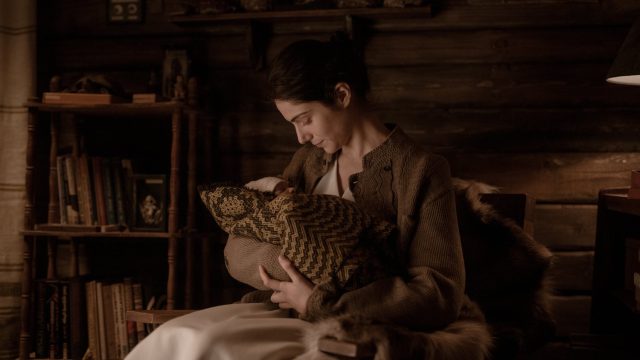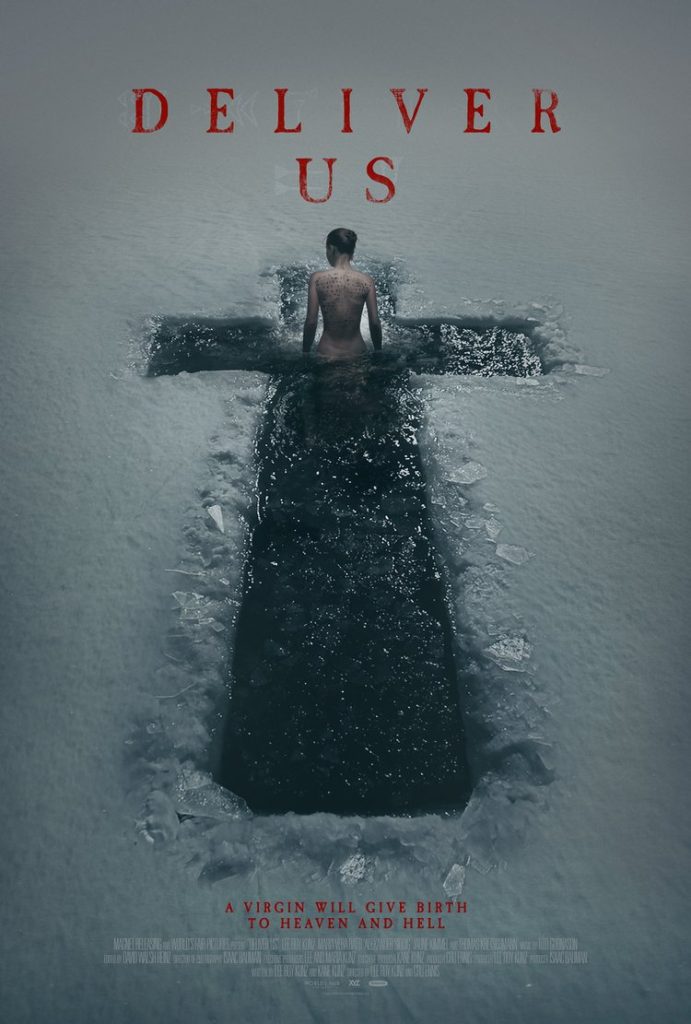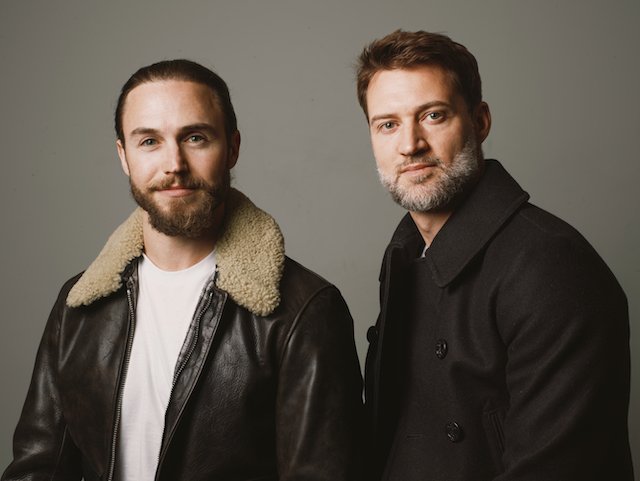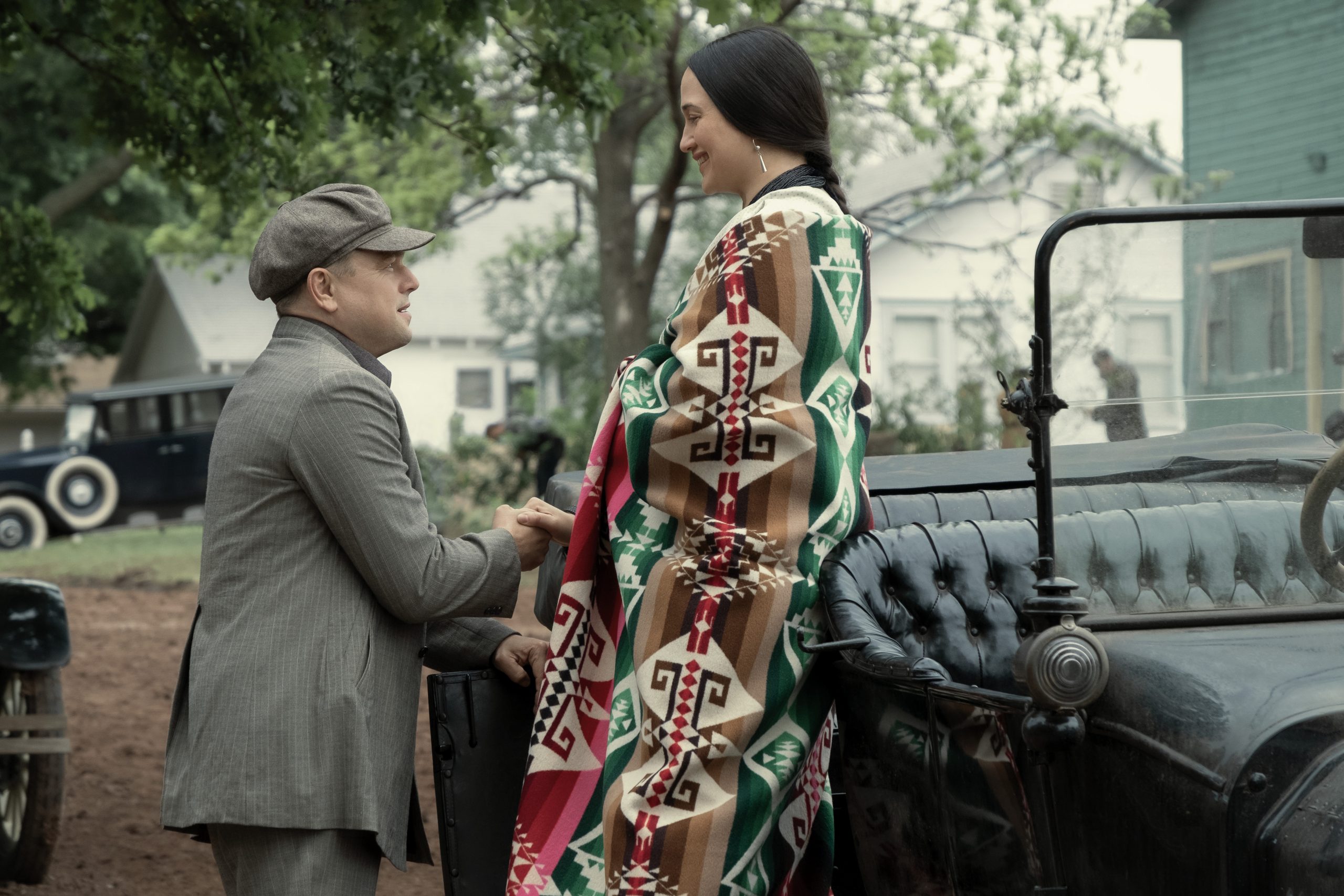
Lee Roy Kunz has his father to thank for his latest film, Deliver Us.
The pair were drinking at Cannonball Creek Brewing Company in Golden, when his dad said that he had an idea for a movie. “He always gives me so many ideas,” Kunz says. “Some of them are the best. Some of them are the worst.”

This idea proved to be so good that Kunz got to work straight away: “It’s about a nun who gets pregnant with twin boys,” his dad pitched. “One is the antichrist. The other is a messiah.”
Kunz soon turned the concept into a script, co-written with his brother Kane and shot on location in Estonia. He also stars in the movie, which the Colorado-born filmmaker co-directed with Cru Ennis.
Considering Kunz’ deep connection to his home state, it makes sense that the origins of his latest film begin here. Born in Wheat Ridge, he lived in Genesee and attended Columbine High School. He was such an avid skier and snowboarder that he almost had to go to summer school because he missed so many classes during his senior year.
“I had such good grades and test scores that my mom would call in sick for the absolute limit of days,” he says. “That way I could go up to Winter Park and snowboard, ski, and do my homework.”
In fact, it was a knee injury resulting from a snowboarding accident that led to Kunz’ infatuation with filmmaking.
“I was laid up in bed for around six or eight months. I started playing guitar, then I wrote a screenplay about my godfather,” he says. “He was an all-star athlete in Nebraska who became a quadriplegic. He was really moved by my script. I saw the power of stories when they connect to something emotional and real. I saw what people can learn from them.”

Hope and despair
To hone his emerging skills, Kunz attended film school at the University of Southern California. But he soon dropped out and used his tuition money to make a micro-budget movie, A Beer Tale, which he shot in Longmont. While he has stayed in Los Angeles to further his career, Kunz returns to Colorado at least three times a year.
“I just love the culture of the state … it has a diversity of ideas,” Kunz says. “Boulder has a lot of hippies, which is really cool. But [there are] also cowboys. I know people from both sides of life. There’s a great spirit to the state.”
As he wrote the script for Deliver Us, Kunz revisited the classics of the horror genre, including Rosemary’s Baby, The Devils and The Omen, while reading the Brothers Grimm and other terrifying childrens’ stories. “They are meant to warn kids about the dangers of the world,” he says. “Horror movies can do that for us as adults, too. That’s what appealed to me.”
But production proved to be a challenge for Kunz and his crew. Not only was he thousands of miles away from home in Estonia in the middle of winter, but it was also during COVID lockdown, which sprung a multitude of complications on the emerging filmmaker and his team. “Luckily we had a great crew,” Kunz says. “I really learned how to delegate and trust them to interrupt my vision and idea and make it their own.”
Ultimately, Kunz wants Deliver Us to connect with audiences on two levels. “I hope that it’s entertaining first. That’s the most important aspect of the film,” he says. “But I also want it to be meaningful and make people think.”
Whatever happens, Deliver Us won’t be the last fright-inducing flick from this filmmaker with Front Range roots. He’s currently working on an Inuit horror film with two other filmmakers. “What I like about the horror genre is that you can explore the worst possible things that can happen to you. Either by chance or even if it’s your own fault,” he says. “But then how the character deals with it teaches strength, inspiration or wisdom. I want to make people feel hope in the face of despair.”



